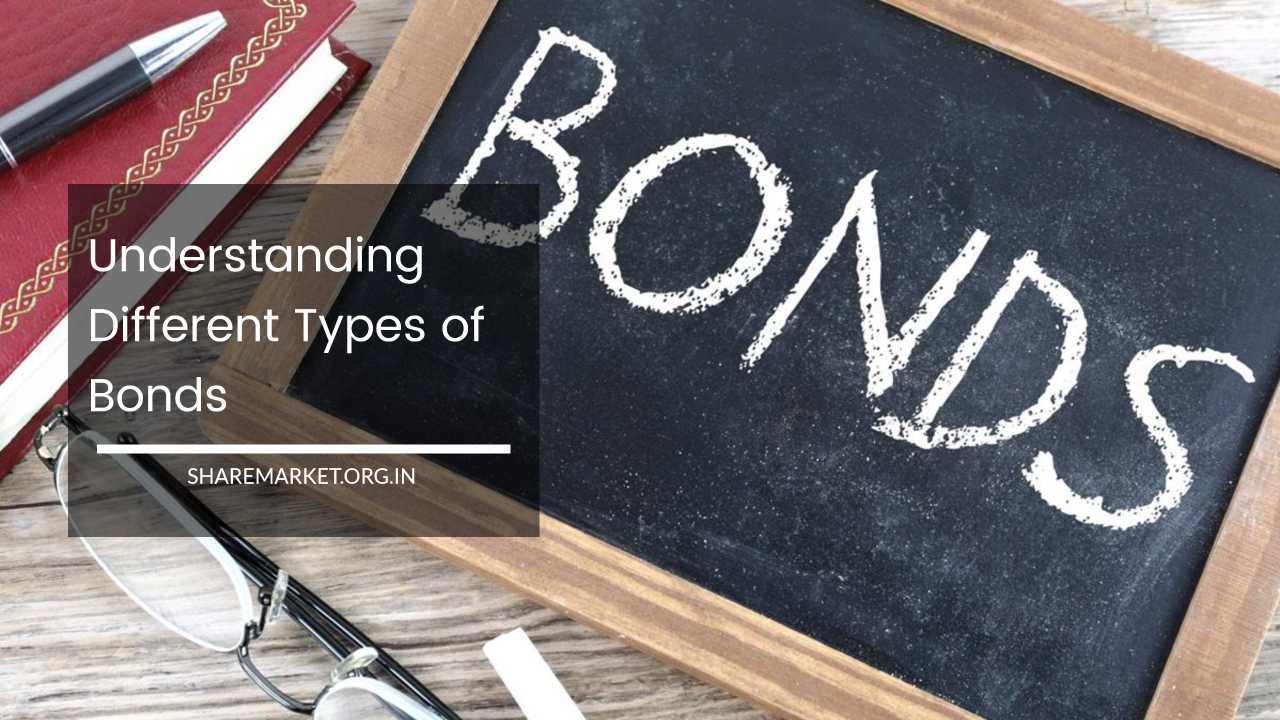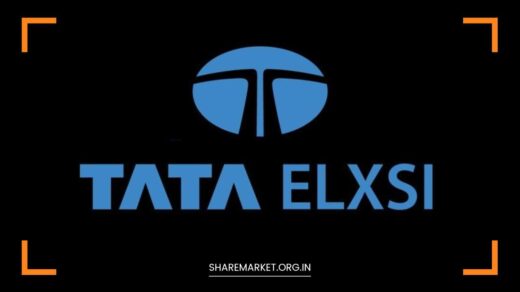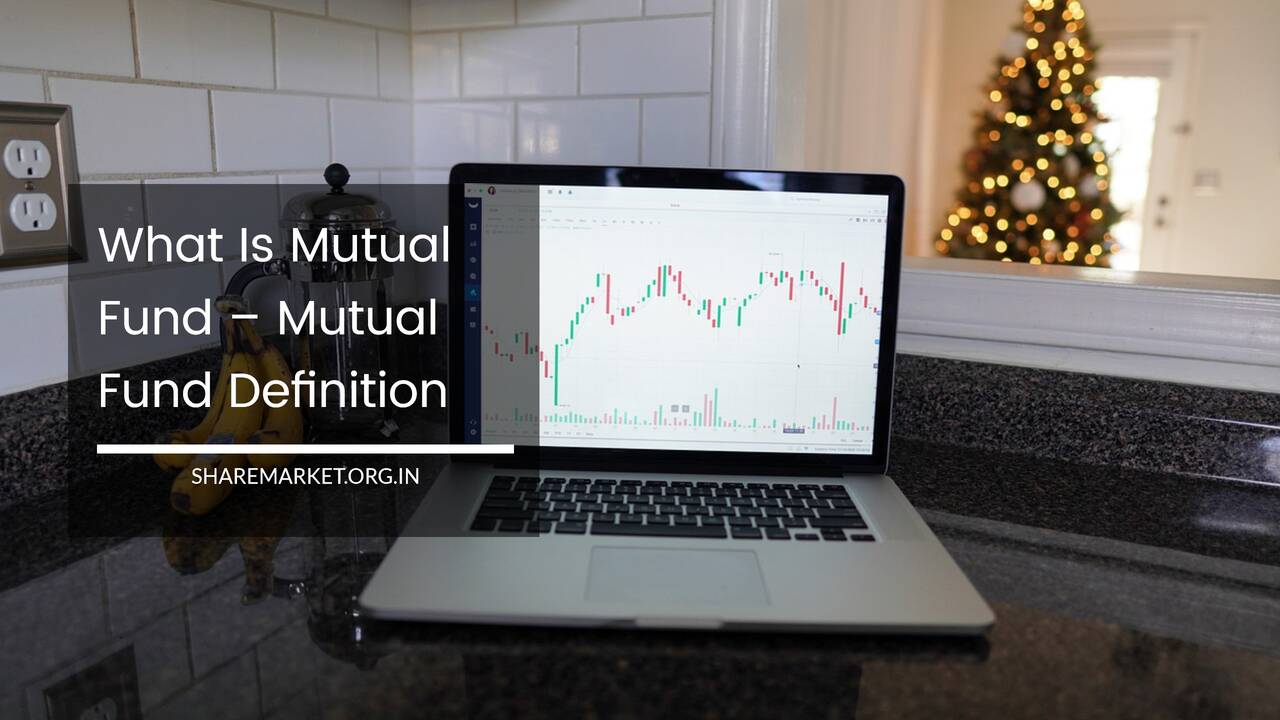Understanding Different Types of Bonds

7 Types of Bonds: Bonds are debt instruments. This means that investors lend their money to the issuer of the bond and the borrower then invests it further.
The issuer of the bond pays you interest at regular and fixed periods. But the money comes with handsome returns at the end of the bond tenure.
Bonds are a low risk investment option. Any public company, a bank or non-banking financial company, or even the government (central or state) can issue bonds.
But there are many types of bonds, not just one. Everyone’s details are known.
Government Securities Bond
These bonds are issued by the central or state governments. These come under the Government Securities (G-Sec) category.
These bonds are generally of longer duration ranging from 5 to 40 years.
Some common government bonds include treasury bills, cash management bills, fixed-rate bonds, floating-rate bonds, zero coupon bonds, capital index bonds, inflation-indexed bonds, bonds with call or put options, and sovereign gold bonds.
Corporate and Convertible Bonds
Corporate bonds are issued by companies for a fixed period of time. In return, they pay a specific interest rate during the entire tenure.
Better for investors with a low risk appetite. Convertible bonds offer features of both debt and equity funds. But they do not do this together. These can be converted into a predetermined number of shares.
Zero Coupon Bond
Fourth are zero coupon bonds. They don’t earn any interest. These bonds do not offer a regular interest rate until they reach the maturity period.
But investors get annual returns on the invested amount. All this money is available on the maturity of the bond.
These Are the Other Three Categories
Inflation Linked: In inflation linked bonds, the principal and interest rates fluctuate with the rate of inflation set by the central bank.
RBI Bonds (Floating Rate Bonds): In 2020, RBI issued floating rate savings bonds for a total of 7 years. Their interest rate keeps changing. It depends on economic conditions, and is reset every six months.
Sovereign Gold Bonds: Sovereign gold bonds are issued by the RBI on behalf of the Government of India as an alternative to physical gold.
They were first started in 2015 by the Government of India. The lock-in period for these is 8 years.
How to Invest
There are three ways you can buy or invest in bonds. You can approach a financial broker and buy bonds like shares.
Bonds can also be bought through mutual funds or ETFs. When an investor buys a bond mutual fund or exchange-traded fund (ETF), they don’t decide the type.
Fund or ETF provider helps in investing your money. Government securities can be invested through the Retail Direct Scheme.
Under this system, you can register with RBI for a gilt securities account called Retail Direct Gilt (RDG).

















